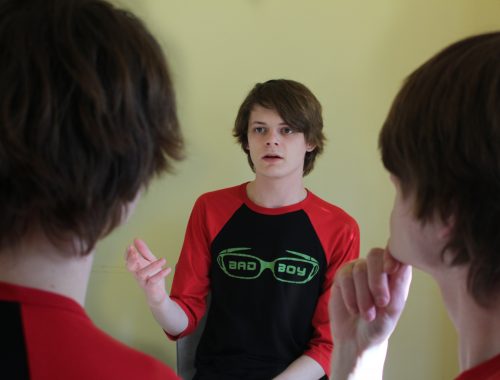Simulated Hell
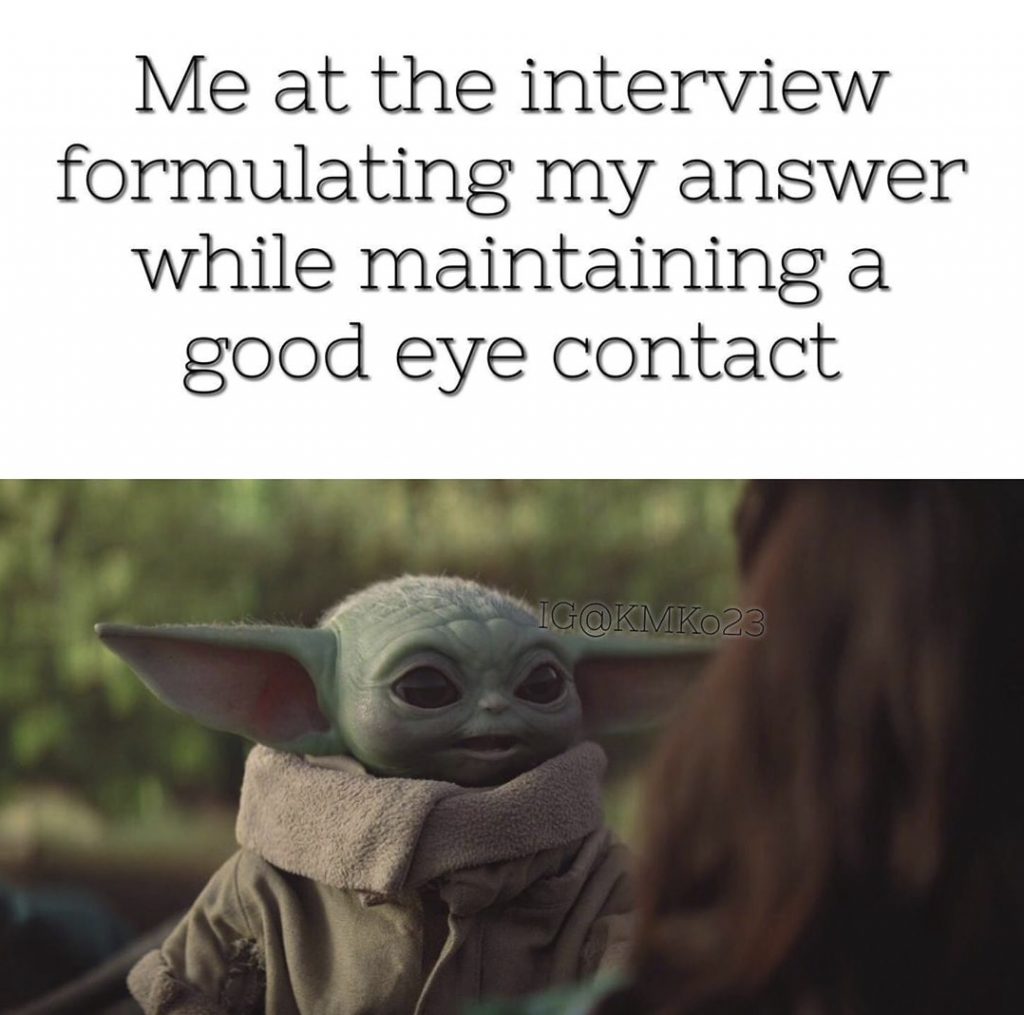
The idea of an interview has always terrified me, so the thought of a simulated interview was no better. Personally, I did not have much previous experience to draw upon for this task, which is why, despite my fears going into it, I knew the process would be a great opportunity to become better equipped for the future and build relevant skills and knowledge I could apply to real job interviews. I will use Schons “Reflective Practioner” to reflect on the harrowing experience of simulated interviews. Schons model emphasises the importance of “learning through doing, in order to cope with the ‘messy indeterminacy of everyday work” [1]. I believe this form of reflection works well with the topic of interviews, as the only way to learn from the experience is to do it and grow from your mistakes, an idea which will be vital throughout my life in order to progress my career and hopefully become successful in the film industry.
Reflection in Action
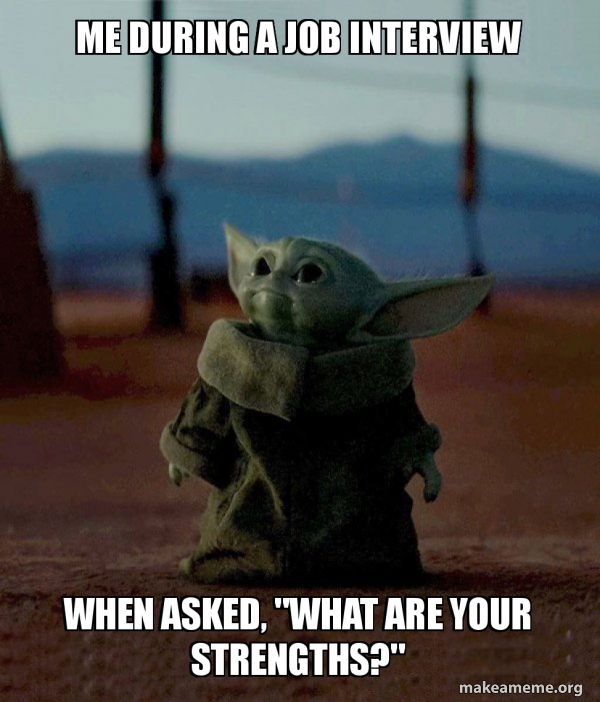
Being an overly anxious person when it comes to presentation work or speaking to a group, I knew beforehand that the simulated interview process would be a challenge for me. The build-up to the dreaded day was, in hindsight, worse than the actual event, as I had psyched myself into an anxious frenzy, imagining every possible problem that could occur. Despite the deepening panic, I wanted to try and find ways in which to cope with my anxiety and see how others have handled interview stress. I found an article titled “Measuring Job interview Anxiety: Beyond weak knees and sweaty palms” by McCarthy and Goffin, that discussed five different types of anxiety experienced in an interview setting, these being, “Communication, appearance, social, performance and behavioural” [2]. This gave me a wider understanding of the scope of anxiety and which areas would personally impact me the most.
As I read the article I understood that communication anxiety would be my main area of focus. This is due to the need “to keep communication following” (Scheider et al, 2019) [3]. Despite working in hospitality and being confident and able to speak to others in a general sense, when it comes to speaking in a professional and assessed manner, I struggle greatly to express my point in a coherent way, experiencing mind blanks for even the simplest questions. This was my greatest fear going into the simulation.
My way of combating this was to prepare, prepare, prepare! Hanne Kelling stated in an article that “preparing for an interview primarily means taking time to thoughtfully consider your goals and qualifications relative to the position and employer” [4]. To the right is the job description from Revolution Av in Ballyclare that I chose to apply for.

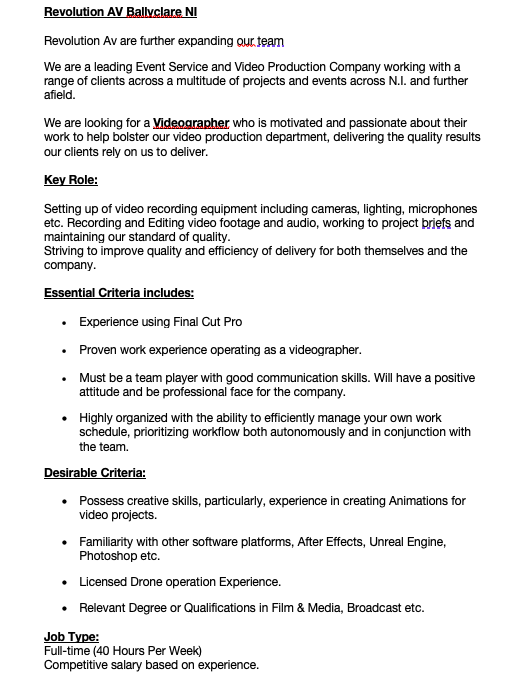
I went through the criteria to check I was a fitting candidate and then conducted further research into the company itself to see what sort of projects and work I would be doing. I wrote out a comprehensive and extensive list of possible questions, adding extra detail to flesh out my answers, as I tend to speak very fast when I am nervous and was worried about being able to fill the ten-minute time slot. I wrote and wrote until I was confident my answers were perfect and had covered nearly every possible question my peers could ask me about my chosen job description.
After this, I enlisted the help of my partner to conduct a mock interview the night before the simulations, so I could say my answers aloud to see if they made sense and could fix any last-minute mistakes. My last piece of preparation before the big day was to lay out a professional and comfortable outfit that would boost both my confidence and set a good first impression for the panel as “visual impact is at least as importnant as verbal impact.” [5]. After this I was ready!
Reflection on Action
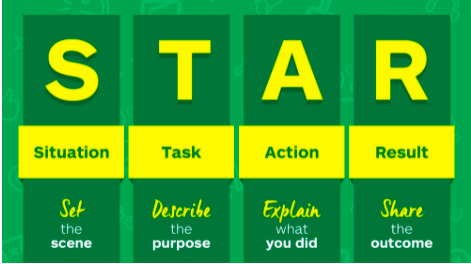
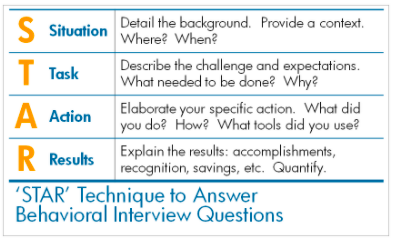
As it would seem, my endless preparation paid off! The interview came and went in the blink of an eye and I felt confident coming out of it that I had answered my questions professionally and accurately. This was partly thanks to the STAR technique which helped me to keep focused throughout the interview. The methodological approach helped to structure answers from background detail to any problems and how they were faced, more specifically how I handled the situation and finally the result of my actions in that situation. This formula really kept the answers that I had worked on at home focused on the questions my peers were asking and I believe resulted in a good first attempt at a panel interview.
Upon reflection, I found the experience very rewarding and useful, being able to take on the role of interviewer as well as the interviewee. As we conducted each interview in our groups we submitted evaluation forms for each person as well as ourselves. The results of those forms were sent to us after so we could use the feedback to better ourselves and our work.

Despite my fears of communication anxiety and not being able to answer the questions coherently, the feedback from my peers suggested I had nothing to worry about in this case. I was delighted to see from my feedback that I presented myself confidently and professionally while still being easy to talk to in a friendly manner. My answers were seen to be well detailed and showed I had researched the company perfectly, relating my answers to their desired criteria. My only area to work on would be how fast I spoke, an issue I knew going into the experience that I would face due to nerves. However, with this being my only real area of criticism, I was pleasantly surprised at the outcome of the simulation.
In the end, I actually enjoyed the simulated interview experience, despite the fear and dread beforehand. It helped to boost my confidence that I would be “direct, logical, meaningful and personalised” (Doll, 2018, p.55) [6] in a real interview as well as helping to manage and rationalise interview anxiety through this valuable simulated experience!
References
[1] Schon D. A. (2016) The Reflective Practitioner: How Professions think in Action. Lond: Temple Smith.
[2] Goffin R. & McCarthy J. (2004) Measuring Job Interview Anxiety: beyond weak knees and sweaty palms
[3] Schneider, L Pearson. (2019) Does interview anxiety predict job performance and does it influence the predictive validtity of interviews? Vol 27 pp. 328-336.
[4] Keiling, Hanne. (2022) How to Prepare for an Interview.
[5] https://www.skillsyouneed.com/ips/personal-appearance.html
[6] Doll J L. (2018) Structured Interviews: Developing Interviewing Skills in Human Resource Managment Courses.
Bibliography
"Tell Us About Yourself"
You May Also Like

9 February 2022
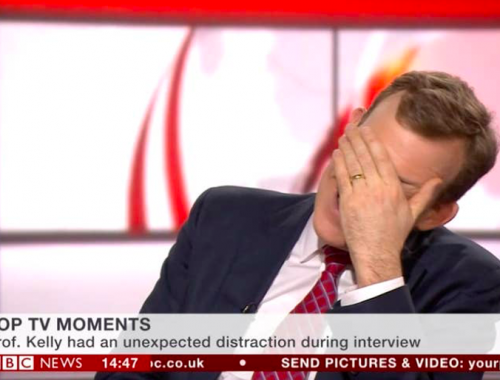
When the BBC thinks you live in the Atlantic – My Simulated Interview
17 February 2022